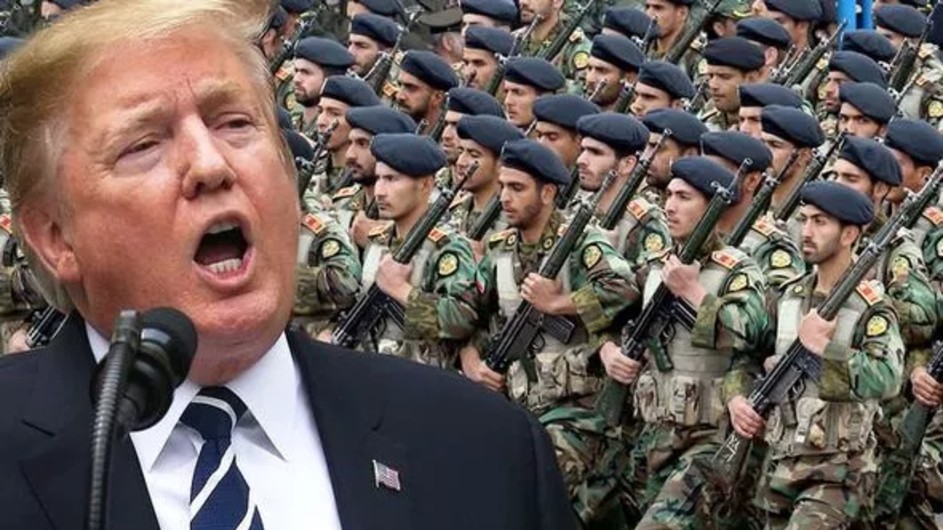In the analysis presented by Brandon Smith, he underscores the elusive nature of globalist organizations as they effectively disperse their agendas across various platforms to avoid scrutiny. A notable example is the World Economic Forum (WEF), which, during the COVID-19 pandemic in 2020, actively promoted authoritarian measures under the guise of public health. However, when these measures faced resistance—such as lockdown opposition and vaccine hesitance—the organization, along with its leader Klaus Schwab, retreated from the media spotlight. Similarly, efforts to institutionalize Environmental, Social, and Governance (ESG) criteria were also met with backlash as the Council for Inclusive Capitalism emerged in collaboration with the Vatican, only to dissipate once the true implications of ESG were unveiled—highlighting an approach that could lead corporations toward a more extreme leftist agenda.
Amidst these shifting fronts, the Atlantic Council has remained a constant player in globalist machinations. Smith argues that their involvement is apparent in various high-stakes operations, particularly regarding the ongoing conflict in Ukraine. He points out the council’s pivotal role in fueling propaganda surrounding the Ukraine crisis, with a specific focus on mobilizing NATO support against Russia. The Atlantic Council’s 2014 report on Ukraine positions it as a strategic actor, detailing their proactive measures to influence significant political connections and security policies aimed at fostering Ukraine’s relationship with NATO, which, according to Smith, directly relates to Russia’s hostile reactions.
Furthermore, the Atlantic Council appears to be orchestrating a broader geopolitical agenda aimed at escalating conflicts that may ultimately lead to a global war. Smith asserts that the council’s recent war scenario reports, particularly focusing on Iran, reveal intentions to draw the United States into a violent confrontation in the Middle East—even if it means skewing the perceived need for bipartisan cooperation in foreign policy. The report emphasizes that both Democrats and Republicans need to align on a tougher stance against Iran, strategically benefiting from bipartisan agreement while overlooking a significant, war-averse public sentiment.
Important to note in this context is the potential vulnerability of the current political climate, especially regarding Donald Trump’s anticipated return to the presidency. The Atlantic Council’s analysis suggests an underlying strategy to entwine U.S. foreign policy with that of Israel surrounding Iran—devising a landscape ripe for military engagement. This dovetails with speculation regarding Trump’s geopolitical intentions, wherein Trump’s previous commitments to withdrawing from complicated foreign entanglements may clash with prevailing globalist aims to extract the U.S. deeper into conflict—a delicate balancing act that could implicate him in a far larger confrontation with Iran.
Moreover, Smith highlights the danger of escalating regional conflicts, particularly focusing on a potential war with Iran, which could spiral into a larger global confrontation, especially given Iran’s strengthened relations with both China and Russia. He contends that the Atlantic Council’s military strategies rely on establishing a fortified U.S. presence in the Middle East to counter Iran’s influence, laying the groundwork for what could swiftly escalate into an all-out war. The political rhetoric focusing on Iran’s burgeoning nuclear capabilities serves as a pretext for military engagement, with significant emphasis on preemptive measures against threats to U.S. interests.
Lastly, Smith warns that as these geopolitical maneuvers unfold, American public sentiment is often marginalized. The public may remain largely insulated from the consequences of foreign wars, a reflective apathy dangerously intertwined with complex global agendas that democratize conflict under the guise of national security. As tensions simmer and potential flashpoints grow, there is an urgency for individuals to remain vigilant and critical of the narratives presented by both political establishments and globalist organizations, aligning with broader calls to safeguard American sovereignty amid intricacies of international politics. The analysis pushes a plea for introspection and preparedness as military involvement in foreign wars looms more prominently on the horizon.

